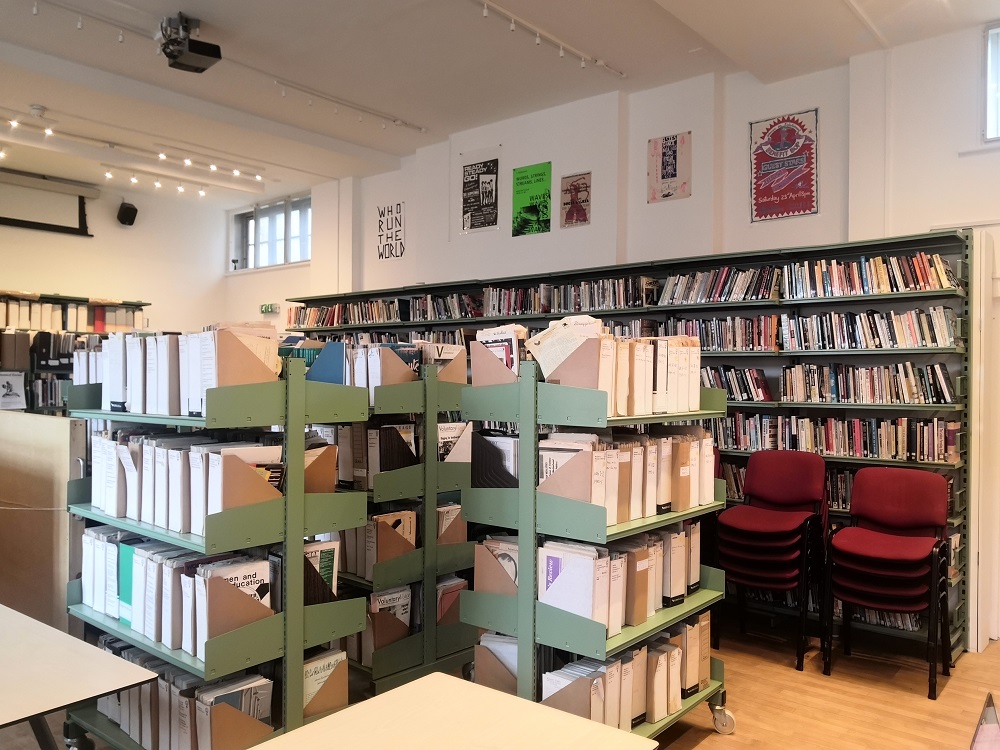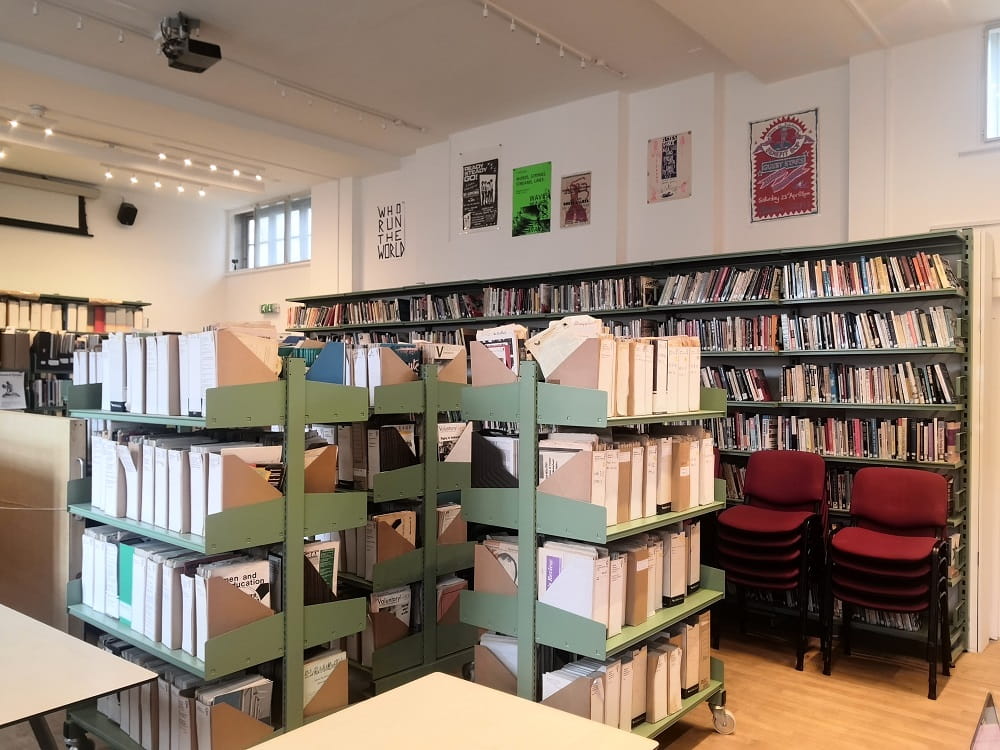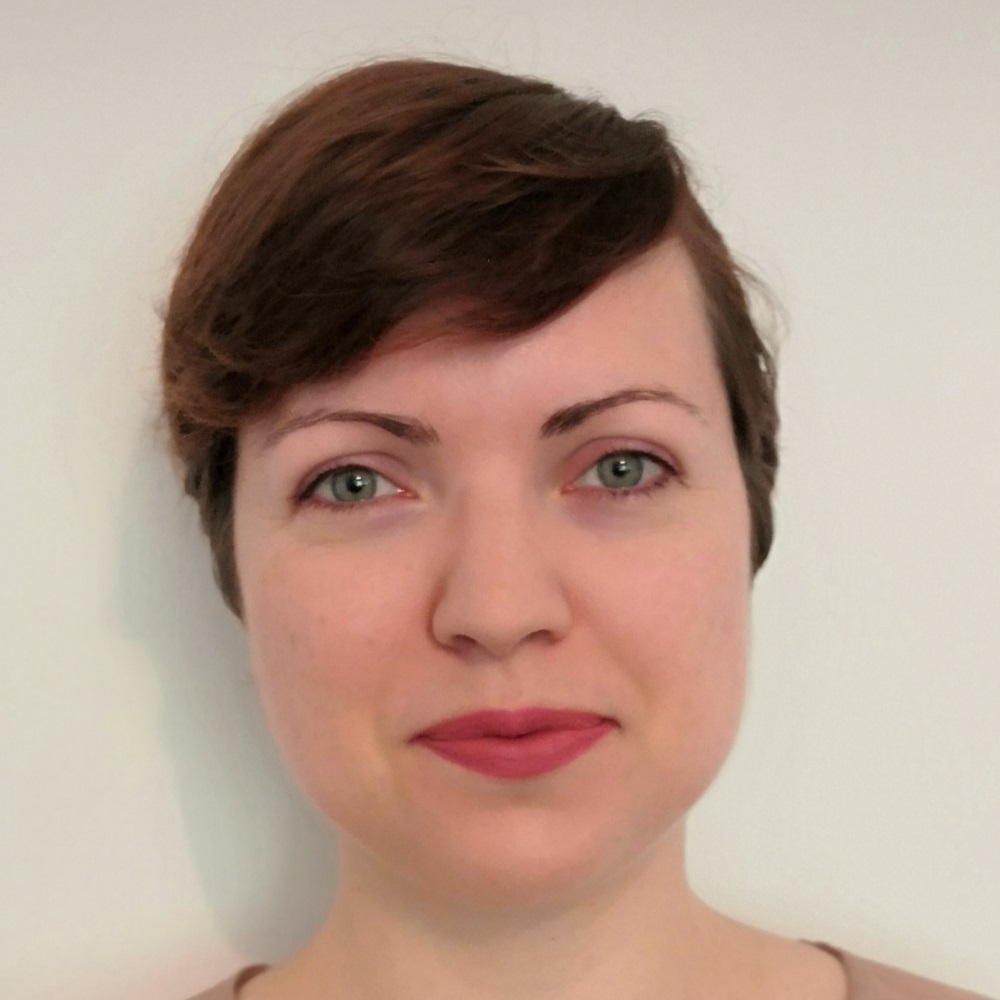What lies at the heart of a successful PhD?

Speaking to Centre for Work, Organisation and Society Co-Director, Professor Melissa Tyler, Magda Oldziejewska, who is studying for a PhD in Organisation Studies and Human Resource Management, explains why the thesis is not the only thing at the heart of her PhD…
Can you tell me about the focus of your PhD research, and why it’s important to you?
I am researching the Feminist Library in London. It is somewhere I have been working and volunteering for almost 6 years now and is a place that is very important to me. The story of the Library has fascinated me since I started – it is a unique place to work, resonating with the struggles to keep its doors open throughout its 45 years, despite its uniqueness, against many odds, sustained by the dedication of hundreds of volunteers. Although I started doing the research informally long before I even applied for the PhD, it would have never been possible as a comprehensive research project without the structure of a PhD.
Why did you feel Essex was the right place for you, and your PhD?
I initially applied to Essex because I found a supervisor who shared my interest in and enthusiasm for the project, but it soon became apparent that it was also the right fit for me as a Business School. It turned out to be a very supportive environment to do a PhD. Despite starting my PhD during the pandemic, so unable to meet most of my colleagues for over a year, I was made to feel very welcome and become part of Essex Business School quite quickly.
Tell me about your role in the EBS research community, in the Centre for Work, Organisation and Society and as part of the School's sustainability team.
Being able to meet with colleagues regularly – online for the first year – played a big role in my becoming part of the EBS community. The regular CWOS seminars provided much needed structure and continuity through this challenging time, as well as a platform to engage with colleagues. About a year into my PhD, I helped organise one of the seminars, which also gave me an opportunity to develop new experience. In my first year, I also joined the EBS Sustainability Team and supported its work in getting the Gold Sustainable Essex award, which also helped to build a sense of belonging and of my role in the School.
And what about your work at the Library, and in feminist politics and activism more widely, how does that relate to your PhD?
As mentioned above, my PhD was inspired by my work at the Feminist Library. But it is also informed by my feminist work more broadly. For example, as a former administrator of the FLA Network (Feminist & Women’s Libraries & Archives), I am aware of many other feminist libraries and archives and look at the Library as part of this wider network, as well as the feminist movement more broadly. To me, the Library is a site of feminist knowledge, but it is also a site of feminist communities – and an important part of the feminist movement(s).
And how does your PhD research, and your role/experience as a PhD researcher, inform your approach to teaching, and your work with EBS students?
Feminist pedagogy of, for example, bell hooks has been one of the big influences on my PhD. The roots of the Feminist Library are very closely linked to the early days of the Women’s Studies movement, and through my work at the Library, I have become fascinated by alternative modes of organising, which are profoundly influenced and informed by feminist pedagogies. I see my research as action research and so it is of much interest to me to see how theories like this can be made more widely applicable in practice, in university teaching and organisations more broadly. Teaching is a route to sharing this with others, one that connects my PhD research to my work with students in EBS.
Is there anything else you want to mention or that you think is important that I may have forgotten to ask you about?
I don’t think it can be overstated how important it is to find the right fit for you and your research – in terms of the supervisor and the wider School/University community – before embarking on a PhD. I consider myself very lucky – I think that finding both at EBS has made my PhD journey much smoother than PhDs generally are (or at least as they are portrayed to be!).
To find out more about doing a PhD in the Centre for Work, Organization and Society, please visit our webpage.
